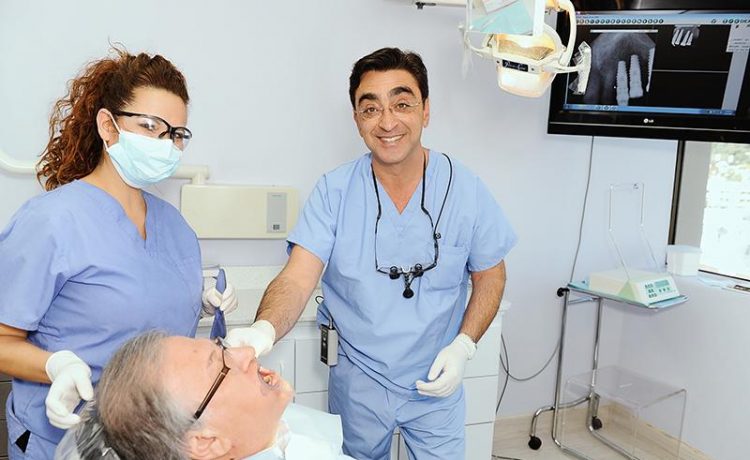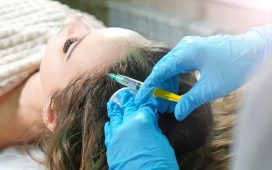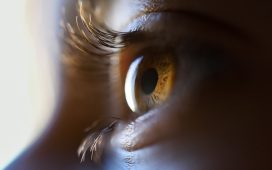Sleep apnea is a complicated condition that interferes with sleep by repeatedly interrupting it during the course of the night. The breathing pauses that characterize these disruptions can range anywhere from a few seconds to several minutes, and they can happen 30 or more times in an hour. Snoring and restlessness are two frequent signs of sleep apnea, which can be harmful in some circumstances. Your oral health may be a contributing factor if you think you may have sleep apnea, so it’s crucial to see your apnea dentist for a preliminary examination.
Ways a dentist can help you:
You can get sleep apnea treatment and a diagnosis from your dentist. Your dentist will typically recommend a sleep study for a definitive diagnosis of sleep apnea if she has any reason to suspect it. Your dentist can set up an appointment for you to learn more about your treatment choices after making a diagnosis. A continuous positive airway pressure (CPAP) machine is the gold standard for treating sleep apnea. Oral appliances, which can benefit those with mild to moderate sleep apnea, may be advised by your dentist if you cannot tolerate using a CPAP machine.
Dental sleep appliances, commonly referred to as mandibular advancement devices, are oral appliances that resemble mouthguards and are used to advance the lower jaw. By doing this, the muscles that are prone to collapse when a person has sleep apnea are tensed and kept from collapsing. These devices have the potential to strengthen and rigidify the airway over time with regular use, which would reduce or eliminate sleep apnea.
To ascertain whether a patient with sleep apnea is a good candidate for a mandibular advancement device, a complete examination of the mouth, teeth, and temporomandibular joints is required. Usually, a dentist with expertise in sleep apnea will carry out this evaluation. The dentist will build an oral appliance that exactly fits the patient’s mouth if the patient is deemed a good candidate for the device, and a bespoke model of their teeth will be made.
Final thoughts:
Have a thorough consultation with your dentist before embarking on oral appliance therapy for sleep apnea. You should feel free to ask any questions you may have throughout this meeting. For instance, you might wish to inquire about the price of the treatment, the anticipated device lifespan, any lifestyle modifications that could be necessary, the required number of visits, and any other worries you might have.







